What are the qualities that make a good scientist?
What are the qualities that make a good science fiction writer?
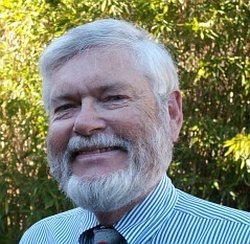 Those skills do not necessarily overlap, but when they do, they not only can produce wonderful works of speculative fiction based on hard science, but they also can generate exciting new ideas for science research.
Those skills do not necessarily overlap, but when they do, they not only can produce wonderful works of speculative fiction based on hard science, but they also can generate exciting new ideas for science research.
Our guest on today’s show inhabits both worlds; he is a professional scientist and a well-known science fiction writer. Dr. Gregory Benford is a professor of physics at the University of California, Irvin, where he has been a faculty member since 1971. Benford conducts research in plasma turbulence theory and experiment, and in astrophysics. He has published papers in fields of physics including condensed matter, particle physics, plasmas, mathematical physics, and even in biological conservation and geoengineering.
 Dr. Benford also is a Nebula Award winning author of over twenty novels, including “Timescape”, “Jupiter Project”, “Artifact”, and “Against Infinity”, and the 6-book “Galactic Center Saga” series. He also is an advisor on the Breakthrough Starshot project that has the goal to fly a spaceship to the nearest star.
Dr. Benford also is a Nebula Award winning author of over twenty novels, including “Timescape”, “Jupiter Project”, “Artifact”, and “Against Infinity”, and the 6-book “Galactic Center Saga” series. He also is an advisor on the Breakthrough Starshot project that has the goal to fly a spaceship to the nearest star.
Hosts: Joel Parker, Alejandro Soto
Producer and Engineer: Joel Parker
Executive Producer: Susan Moran
Listen to the show:
Podcast: Play in new window | Download (Duration: 28:08 — 25.8MB)
Subscribe: RSS







 In this follow-up episode of our “Graduation Special” we talk with three more guests graduating with science Ph.D.’s from the University of Colorado in Boulder. They join us to talk about their thesis research, their grad school experiences, and what they have planned next:
In this follow-up episode of our “Graduation Special” we talk with three more guests graduating with science Ph.D.’s from the University of Colorado in Boulder. They join us to talk about their thesis research, their grad school experiences, and what they have planned next: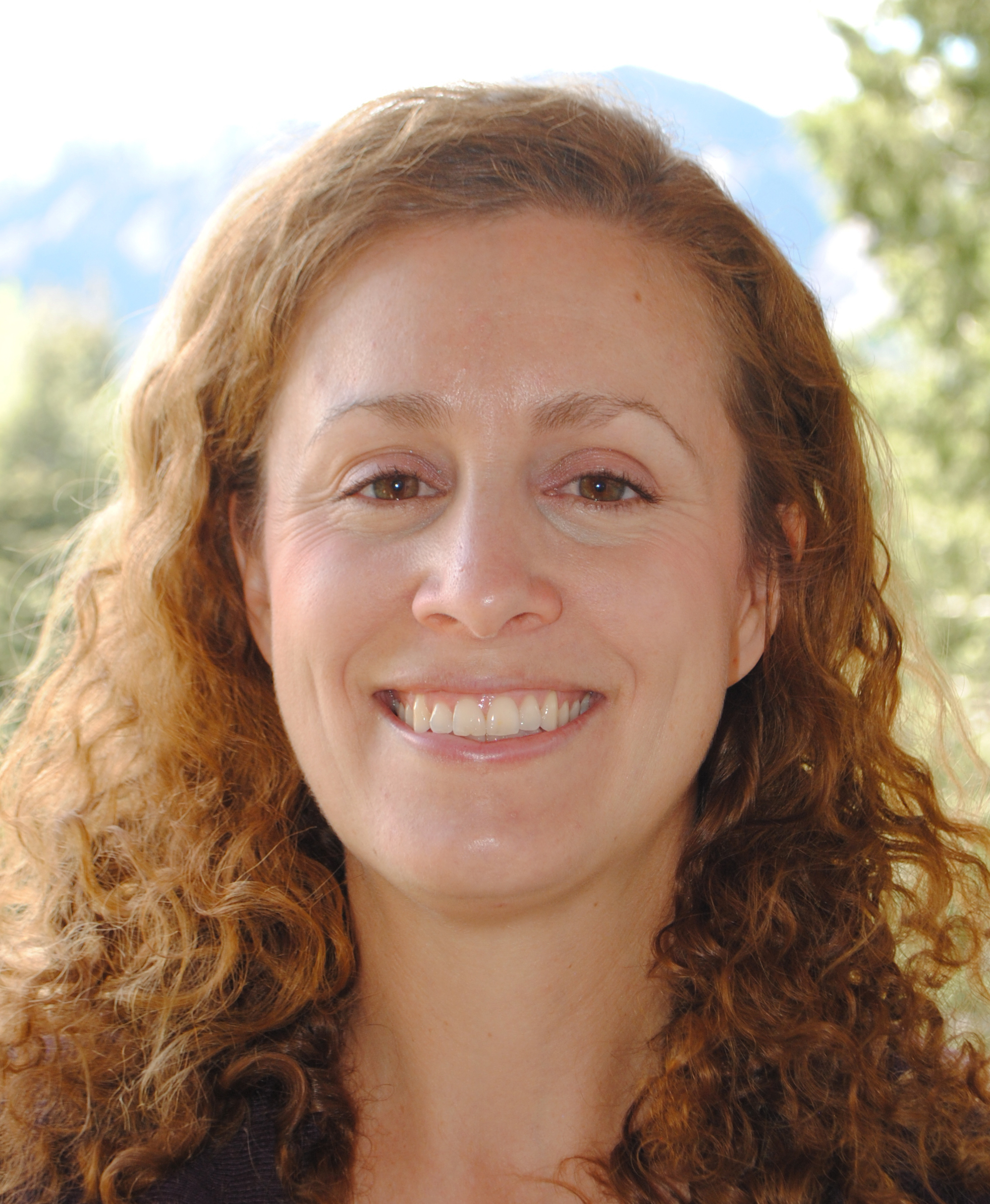 Carleigh Samson –
Carleigh Samson – 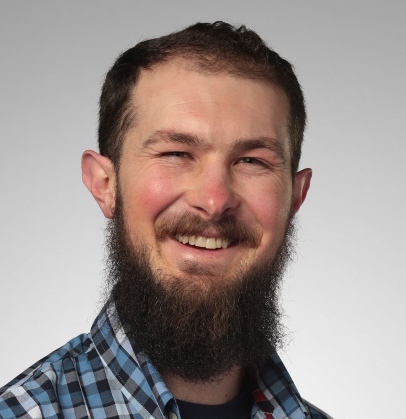
 Greg Thompson –
Greg Thompson – 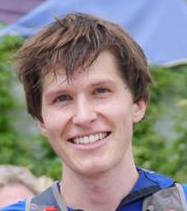 Greg Salvesen –
Greg Salvesen – 
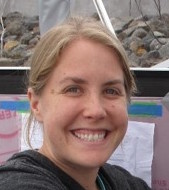 Odessa Gomez –
Odessa Gomez – 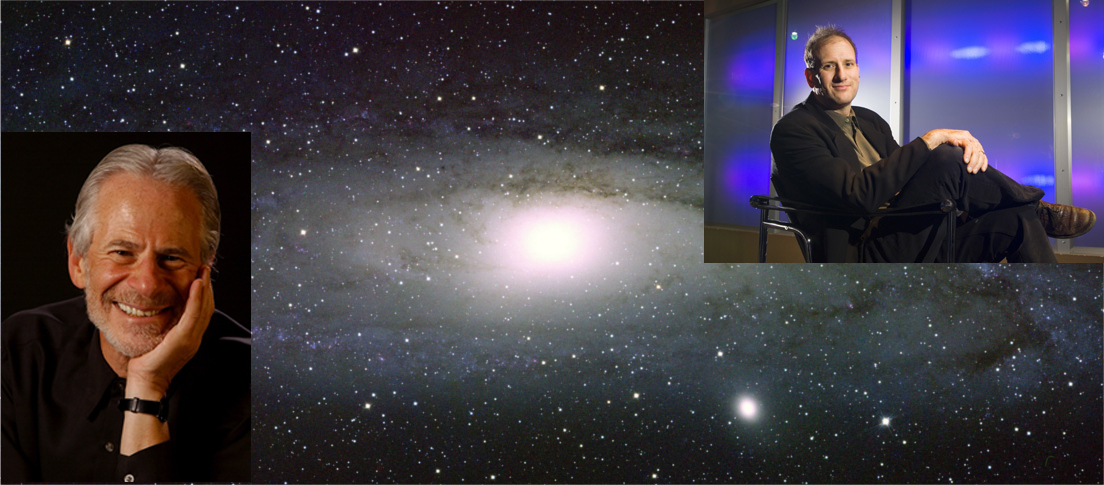

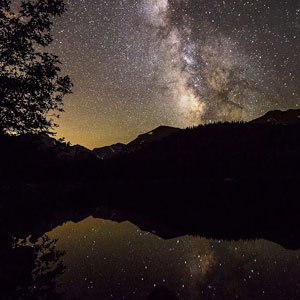
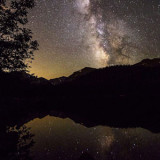 Winter Stars (starts at 5:30). We talk with Dave Sutherland, an interpretive naturalist with Boulder Open Space and Mountain Parks, about winter star-gazing. This program is tied to an upcoming concert performance by the Boulder Philharmonic Orchestra on February 12, 2016. More information about the Boulder night hikes and other programs can be found at:
Winter Stars (starts at 5:30). We talk with Dave Sutherland, an interpretive naturalist with Boulder Open Space and Mountain Parks, about winter star-gazing. This program is tied to an upcoming concert performance by the Boulder Philharmonic Orchestra on February 12, 2016. More information about the Boulder night hikes and other programs can be found at: 


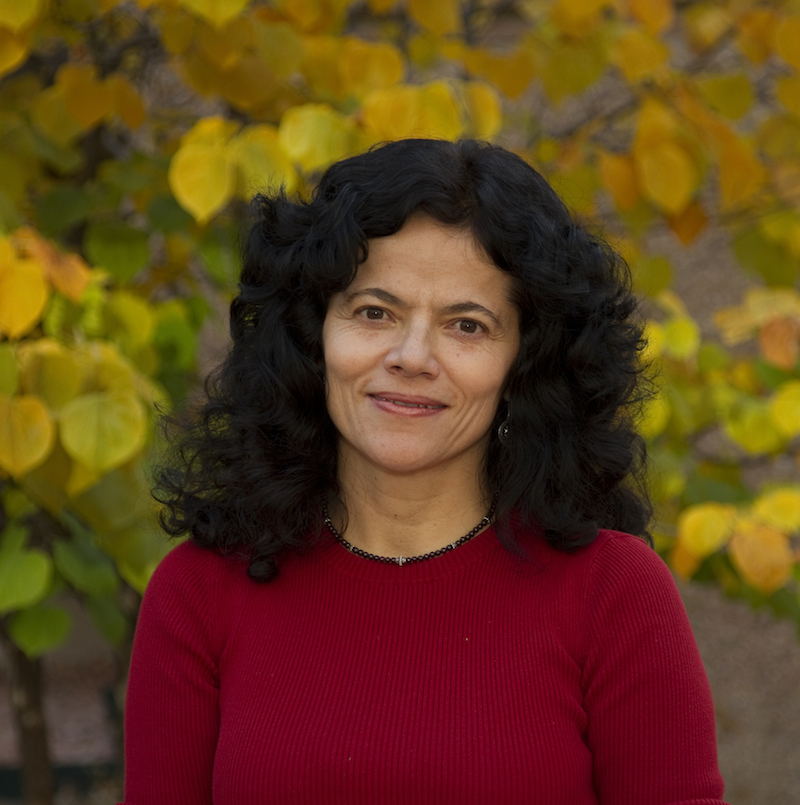
 These are questions that the
These are questions that the 

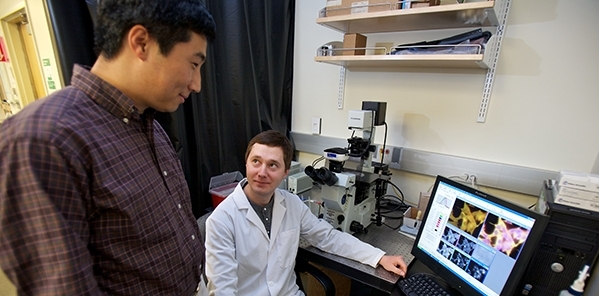

 In today’s show we offer the following feature:
In today’s show we offer the following feature: